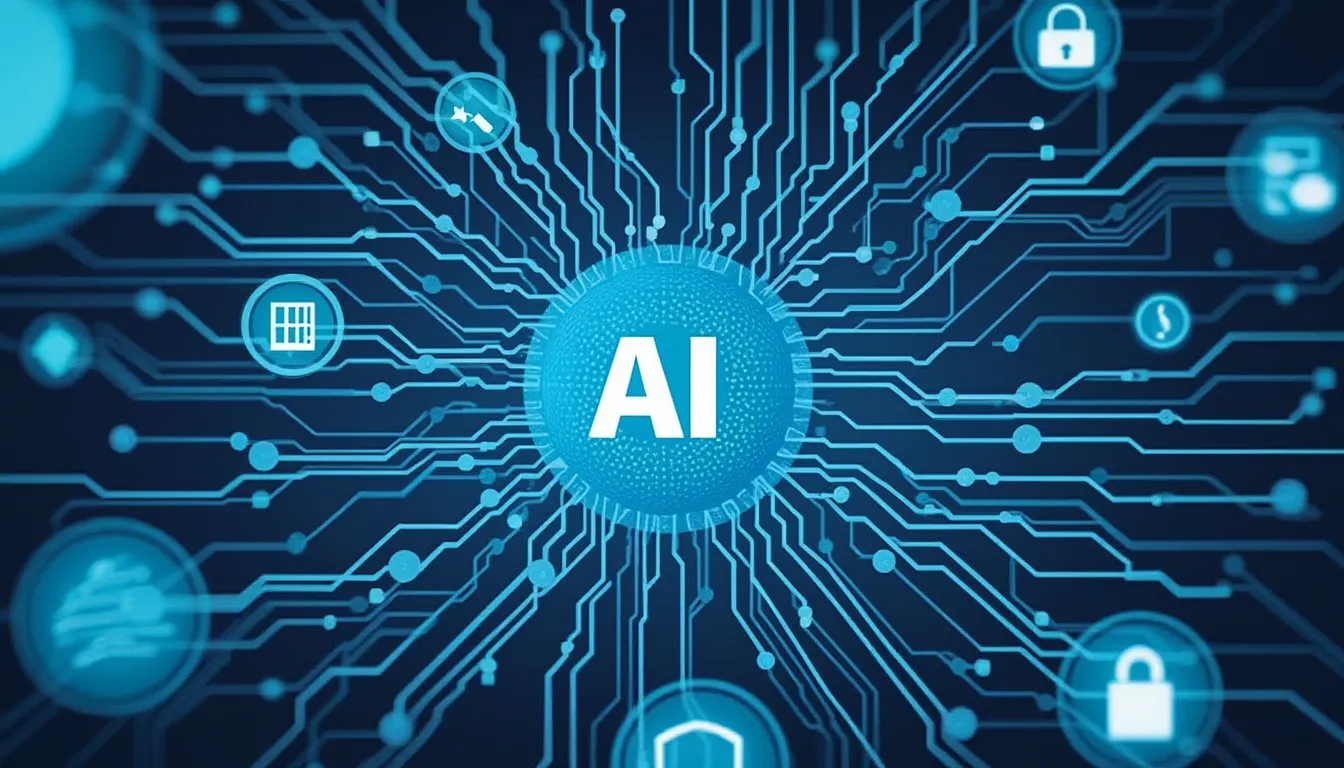Healthcare AI Innovations and Concerns
In the healthcare sector, significant strides have been made with the introduction of Epic’s In Basket Art. This tool allows physicians to generate draft responses to patient queries submitted through MyChart. While this innovation aims to streamline communication, it has raised concerns about the potential for unreviewed responses to reach patients. Some health systems worry that patients may devalue messages known to be AI-generated, emphasizing the necessity for doctors to review these drafts carefully before approval.
Additionally, a study conducted by Epic revealed that about one-third of the messages generated by this AI tool are sent without any edits. This statistic underscores the pressing need for healthcare providers to implement rigorous review processes to ensure the accuracy and appropriateness of AI-generated content. The balance between leveraging AI for efficiency and maintaining high-quality patient care remains a critical focus.
AI Applications in Commercial Buildings and Cybersecurity
Johnson Controls is making headway in the commercial building sector with its development of generative AI applications within OpenBlue. By partnering with Microsoft’s Azure AI platform, Johnson Controls aims to offer sustainability managers proactive recommendations for improving energy efficiency. This initiative is part of a broader strategy to integrate AI into building management, providing tools for technicians and sustainability teams to address equipment and energy usage issues effectively.
In cybersecurity, Cato Networks has been lauded for its AI leadership in the realm of Secure Access Service Edge (SASE). The company employs AI and machine learning (ML) for threat detection, data protection, and enhancing network connectivity. Their innovative use of custom-developed large language models (LLMs) and proprietary AI models within the SASE Cloud Platform exemplifies the potential of AI to fortify cybersecurity measures.
Global AI Infrastructure and Drug Discovery
OpenAI’s CEO, Sam Altman, has unveiled an ambitious plan to establish new semiconductor factories and data centers worldwide. This multitrillion-dollar initiative aims to position AI as ubiquitous as electricity, supporting advanced AI development on a global scale. OpenAI is collaborating with investors, chip manufacturers, and U.S. officials to realize this vision, creating a coalition that seeks to enhance global computing infrastructure significantly.
In the field of drug discovery, researchers at Harvard Medical School have developed the TxGNN AI model. This innovative tool identifies drug candidates from existing medications for over 17,000 rare and neglected diseases. TxGNN not only provides predictions but also offers explanations for its findings, paving the way for a faster and more economical approach to developing treatments. This model stands to revolutionize the availability of therapies for conditions that currently lack effective treatment options.




